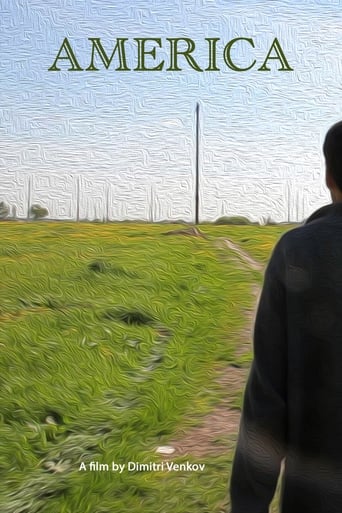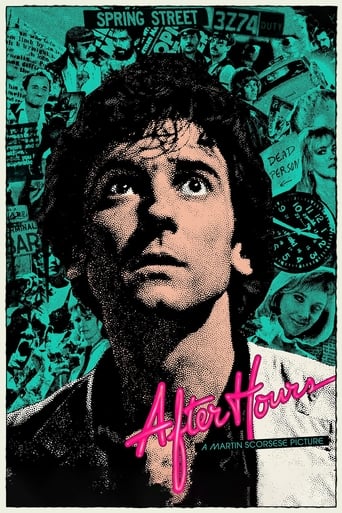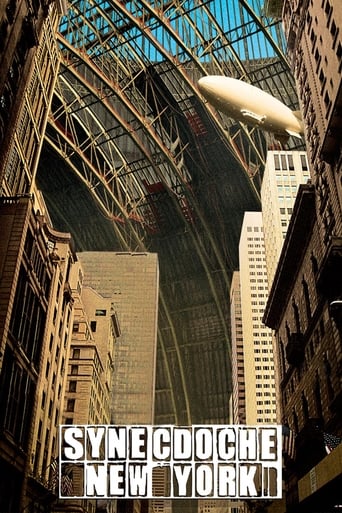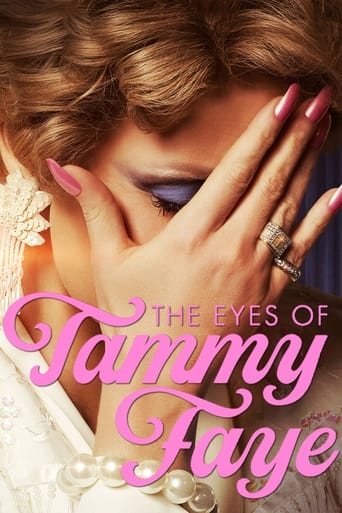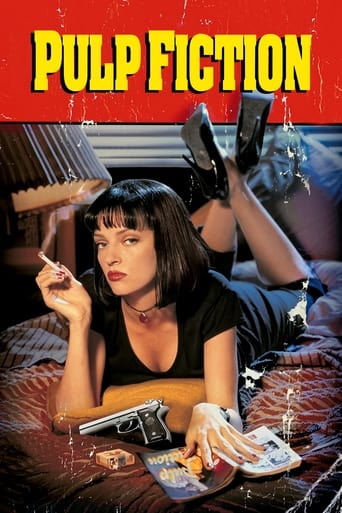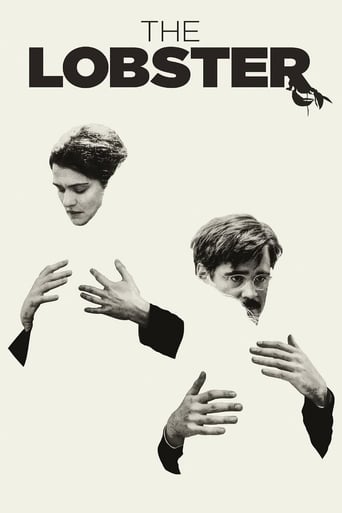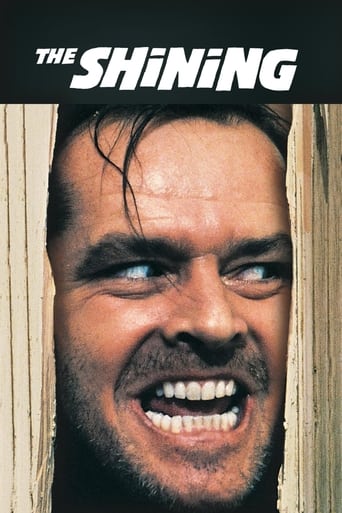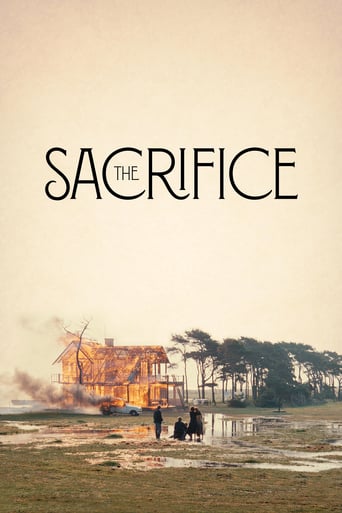


The Sacrifice
Alexander, a journalist, philosopher and retired actor, celebrates a birthday with friends and family when it is announced that nuclear war has begun.
-
- Cast:
- Erland Josephson , Susan Fleetwood , Allan Edwall , Guðrún Gísladóttir , Sven Wollter , Valérie Mairesse , Tintin Anderzon


Similar titles
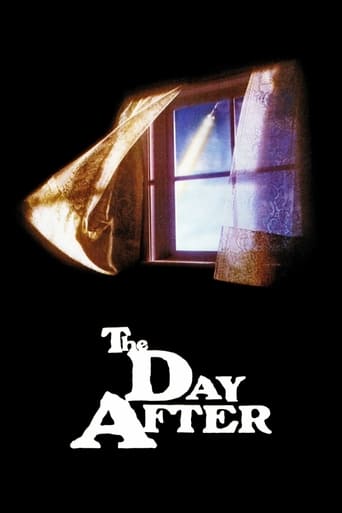
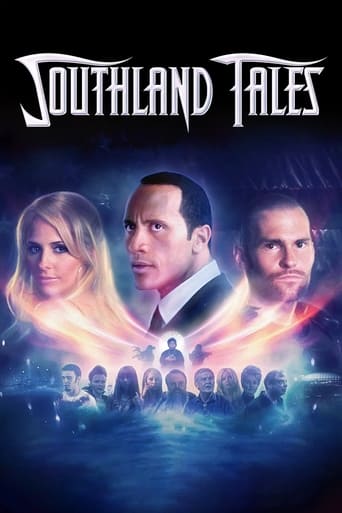

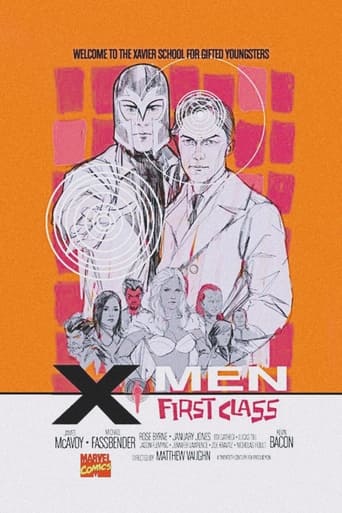
Reviews
Waste of time
Instant Favorite.
Good movie but grossly overrated
The acting in this movie is really good.
My 3rd Tarkovsky movie. Isn't the maestro's best, But is still a Masterpiece. As always, his long shots create their own cinematic language. Use of reflections in mirrors is remarkable. It's a Swedish movie ( Tarkovsky's second and final movie out of Russia) and often reminds one of a Bergman movie. Sven Nykvist( Cinematographer) coincidentally was a regular collaborator with Bergman. Bergman and Tarkovsky always shared mutual respect for each other's work. This movie probably was a bit of a tribute to Bergman from the latter. The ending is hauntingly beautiful. Watch it to witness the end of an era. The end of Tarkovsky, who merged art with movies, like no man ever did.
This turned out to be Andrei Tarkovsky's last film. Like it is almost always the case with his work, this too is about faith. Alexander, the protagonist worries about society and its lack of spirituality. The opening scene has him plant a tree with his young son. The last scene has the son, the only one not involved in the chaos everyone is, rest under it.Sacrifice is the closest Tarkovsky and Bergman came to making a film together. Sven Nykvist, the cinematographer, Erland Josephson as Alexander and Allen Edwall as Otto the postman were all longtime collaborators with the great Swedish director and Tarkovsky was apparently in awe of Bergman and his films. Through Nykvist and his magical control of light and the slow, meticulous, long shots set to Bach, Tarkovsky makes a work of extraordinary beauty. The story (or so) is about Alexander saving the world from a fatal war by making a string of personal sacrifices. We don't know how much of this is just his dream. Black and white shots are interspersed with shots of desaturated colour, the timeline is non-linear and it is possible that everything that happens is indeed a long dream. There is perhaps value in analysing the film as a study, but I am loath to do that. My experiences with such films have always been about curiosity. The questions this curiosity asks is mainly the "how did they do it" variety than the "what does he mean" kind. For instance, there is an early scene with Adelaide, Alexander's difficult wife and Maria, the housemaid who could also be a witch. Maria asks the lady if she can leave for the day. The scene is set in such a way that Adelaide paces left and right, while also getting closer to the camera with each turn. Maria is placed bang in the middle of the frame and her eyes follow Adelaide's pacing. At the end of it all, Adelaide ends up walking behind the line of the camera while Maria is staring at it. This is the sort of thing which elevates a film to a different plane. There is the story, the acting and the music yes, but this is something unequivocally cinema. The camera, the actors and their respective movements. In another scene, Alexander is shot as a reflection of a painting by Leonardo da Vinci (Adoration of the Three Kings). Apparently, Tarkovsky felt this would appear as if he was part of the painting and now he has come out of it. What a thought!
It is difficult to watch a Tarkovskij film if you are already tired (having his films only in subtitled editions doesn't help), I actually fell asleep during this at a certain point in the film, had to take a pause, and continue when I got back awake. I also liked other Tarkovskij films better, like Andrej Rubljev or Stalker, but still liked this a lot.Nonetheless, Offret is really a good film, both from a cinematographical point of view, both from the story and the storytelling point of view. It's one of those Russian films where not much happens during the story, some of the scenes might seem awkward to a modern- day audience, but you still feel blown away. This and Nostalghia actually required me to check a few analises to understand better the story. They're way more hermetic than other Tarkovskij films, but no less good. I particularly loved the choice for the setting and the music (Despite it didn't show up much in the film). Anyhow, I suggest to watch Offret twice, and to read a good analisis of the thematics in the film before the second view. It helps a lot in understanding the story, the reason of certain things, and to appreciate better the movie.
Sergei Tarkovsky has an unique cinematic diction: fragmented, complicated, anachronistic, with lengthy shots taken from static positions, long soliloquy, static frames with close resemblance of theatrical stage than a movie. He reminded me of Ingmar Bergman time and again while watching his movie ' Sacrifice', his last directional flick. Perhaps because the locale was Sweden, and the theatrical setting was reminiscent of Autumn Sonata: similar guilt complex, confessional monologues, predominant gloomy shades in shot compositions. The cinematic language is pretty dense, with layered allusions, switching between real and imaginary sequences. The movie starts with the Leonardo Da Vinci's painting Adoration of Magi used as a backdrop, on which the credit rolls, and then the camera pans along the tree stem of the palm tree to mix with the reflection of real foliages. As in Christian concept, the palm tree represents triumph over death and disaster, the movie unfolds the deadly tension of impending Nuclear Holocaust, and a barren tree planted by Alexandar symbolizes the mankind's hope for the triumph over the impending doom. Alexandar, in awe of this utter destruction, promises to sacrifice all his dearest possessions to the God. This is Tarkovsky's depiction of the inner self, truths hidden in apparently routine and mundane activities, expressed through a confessional narrative and studded with visions of the protagonist Alexandar. The visions may be mistaken as dreams, at least there are ample equivocal suggestions. But essentially the strong sense of impending doom, a nuclear holocaust, the fear for the posterity goaded the film maker...when an atheist prays for God's benevolence and eventually sacrifices his dearest mortal possessions to save the world.

